History teaches no lessons but we insist on trying to learn from it. There is no political party more sentimental than the Labour party. The stone monument of Labour history is Clement Attlee’s 1945–51 administration, so any biography of the great man is, inevitably, an intervention into the present state of the party, even if it comes supported with all the best scholarly apparatus.
The last major biography of Attlee was Kenneth Harris’s official work, more than 30 years ago, in 1982. There is a neat symmetry to the fact that Harris was writing during the last occasion that the Labour party decided to join hands and walk off a cliff. If the leading lights of today’s party are at all interested in stopping before the edge, John Bew’s excellent new life yields two indispensable lessons.
The first is that Attlee was a social patriot, a conservative man who loved his public school, Haileybury, and lived in suburban splendour in Stanmore. The second was that the circumstances of his triumph can never be repeated. Labour has been misled by its best years. The methods and achievements of Attlee’s postwar government owe everything to the conflict they were seeking to redeem. Attlee was a war leader and most Labour leaders are trying to win the peace.
The two lessons join up in Bew’s portrait. This is the biography of a national figure before it is the biography of a Labour man. We encounter young Clem at Queen Victoria’s Diamond Jubilee and working among the dispossessed in Limehouse. We see Major Attlee at Gallipoli, the verse-writer prevented from being another Wilfred Owen only by a lack of talent. In his prime, we find Attlee as Churchill’s deputy prime minister during the war-time coalition and then as Labour prime minister from 1945.
A book that was telling a Labour story would be a procession to 1945, but this book pivots around 1940, when the nation’s freedom was at issue. Taking Labour into the wartime coalition was, says Bew, Attlee’s ‘proudest moment’, an expression of his conservative patriotism. This rather Pooterish little man from a wealthy family from Putney has been underappreciated, historically. This book is an attempt to straighten the record.
It has to be said that there is a lot for Attlee to remain modest about. The accusation that he stood by while others acted was levelled against him constantly in his dealings with Churchill. Bevan called him an ‘arch-mediocrity’ and his leadership was always on the threshold of challenge from within. He was an undistinguished speaker prone to clichés. His autobiography, As It Happened, is so diffident that he is hardly in it. Attlee’s initial response to the Beveridge report was leaden and he may have owed his survival as leader to a turn in the fortunes of the war when Montgomery bested Rommel. ‘Sometimes,’ said Herbert Morrison, ‘he doodled when he ought to have led.’
Indeed, Attlee was lucky to be there at all. He became Labour leader only because, after the catastrophe of 1931, his party was reduced to 46 MPs and, with all the major players out of Parliament, Attlee became an unlikely deputy to his mentor from Poplar, George Lansbury. When naïve pacifism ended Lansbury’s leadership in 1935, Attlee’s hands were next on the poisoned chalice. To the astonishment of all his colleagues, and perhaps Attlee himself, he was still there 20 years later.
He was, by then, the man by which change should be measured. Ordinary men like Attlee embody the times more than extraordinary men like Churchill. The historical verdict on a government is how much of its work survives. The NHS, the welfare state, membership of Nato, the retreat from empire, the nuclear deterrent: we still live in a country made by the man with a shed in Stanmore.
Not just a country — in part the world, too. Britain’s relatively peaceful transition from empire into Commonwealth after the war is owed to Attlee, although his coverage of Indian independence is the only point in the book where Bew’s judgment lapses. The terrible loss of life over the partition of India in 1947 demands censure which Bew withholds. He is successful, however, in showing that Attlee — here the contrast with Jeremy Corbyn is painful — was a leader who took the defence of the realm seriously. With Ernest Bevin he was there at the birth of Nato and he committed Britain to an independent nuclear deterrent without even telling the cabinet.
Attlee was there when it counted. His quiet doggedness was an ideal counterpoint to Churchill’s necessary showmanship. Not everyone appreciated it at the time but the big man always did. When, years later, a Tory MP made a disobliging remark about his friend of 40 years, Churchill bristled: ‘Mr Attlee is a great patriot. Don’t you dare call him “silly old Attlee” at Chartwell or you won’t be invited again.’
Throughout, Bew is at pains to stress that Attlee had the ability to win over people who did not regard themselves as natural Labour supporters. His pragmatic patriotism travelled outside the tribe. He can be credited with keeping Labour as a parliamentary party when hotheads like Cripps and Bevan wanted outside resistance. To the end of his life, Attlee believed in the common wealth that was the subject of his maiden speech, as the new MP for Limehouse in 1922. The Labour party should reissue the speech, as a statement of the generous patriotism it has lost. It could be called the Limehouse Declaration.
The post The quiet patriot appeared first on The Spectator.
Got something to add? Join the discussion and comment below.
Get 10 issues for just $10
Subscribe to The Spectator Australia today for the next 10 magazine issues, plus full online access, for just $10.
You might disagree with half of it, but you’ll enjoy reading all of it. Try your first month for free, then just $2 a week for the remainder of your first year.

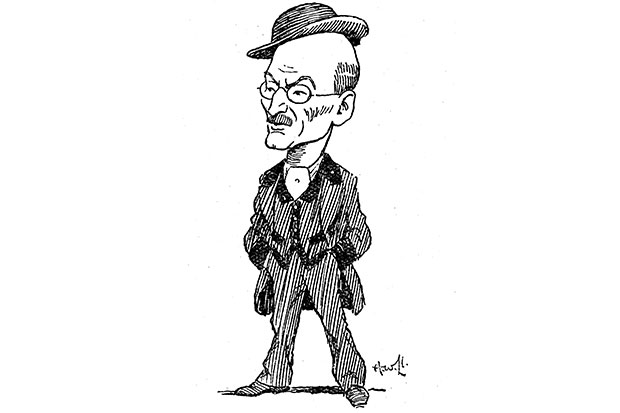
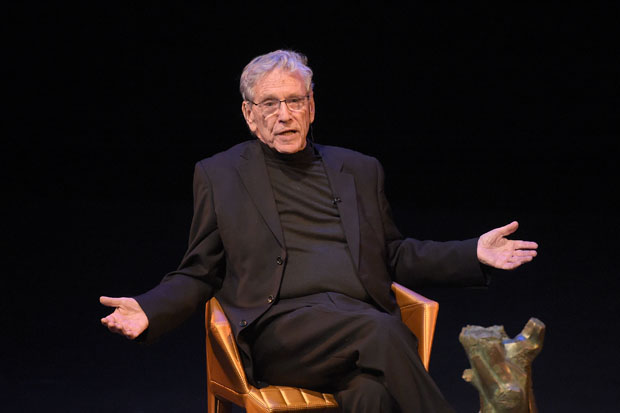
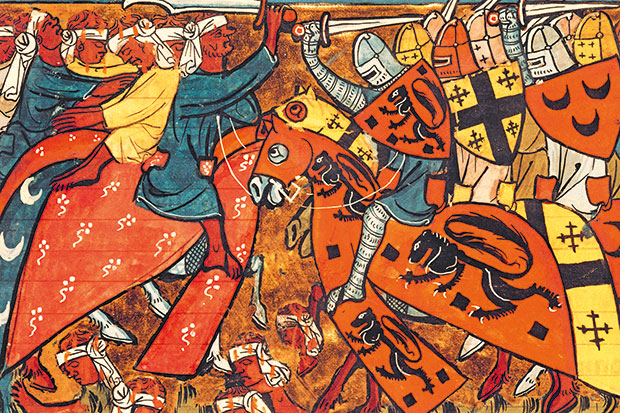
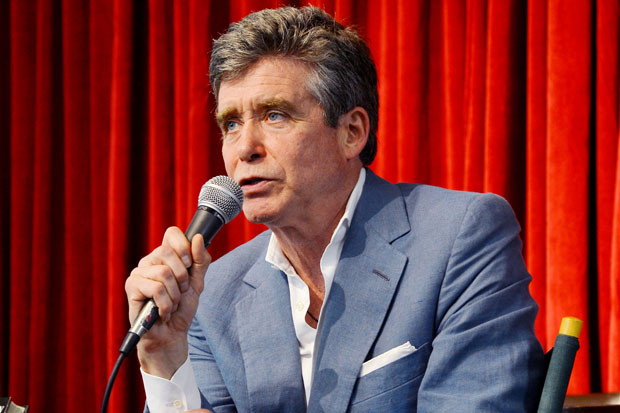

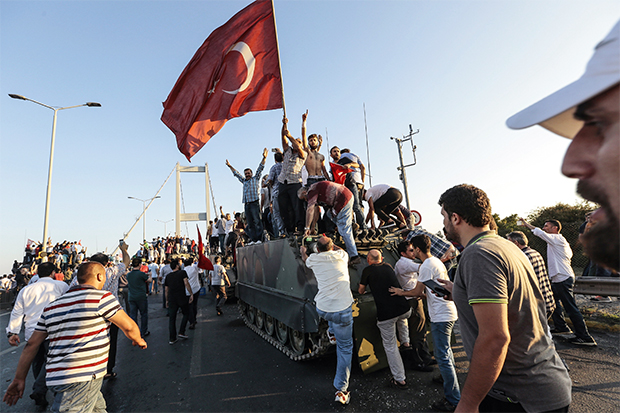







Comments
Don't miss out
Join the conversation with other Spectator Australia readers. Subscribe to leave a comment.
SUBSCRIBEAlready a subscriber? Log in